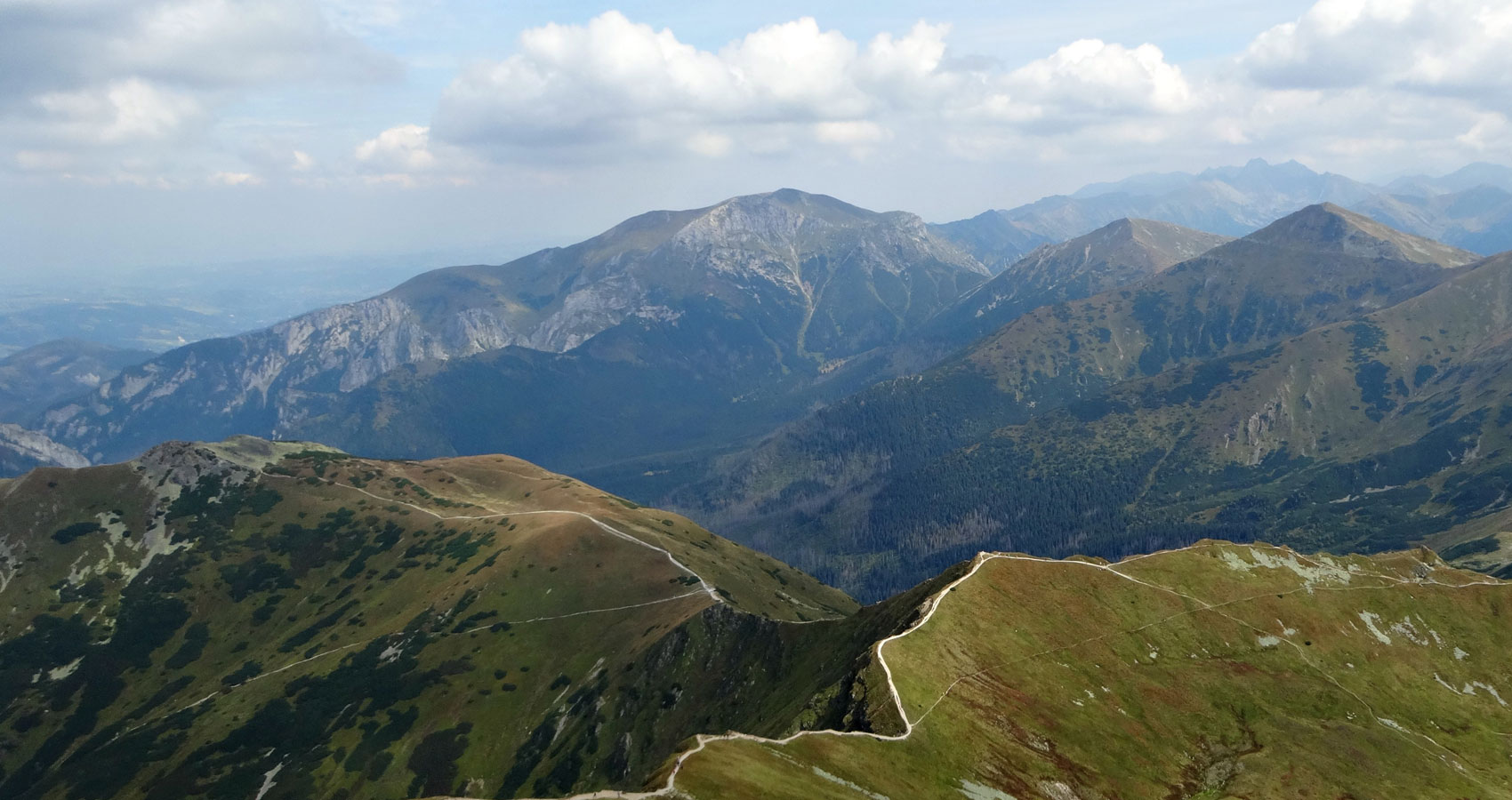Smoking Out Agent One
written by: Michael Grotsky
In the Sierra Madres, Morrison met somebody who called himself a journalist. Between shots of mescal, they swapped tall tales about their adventures on the Seven Seas and the journalist invited Morrison back to his place to show him a dossier he had on somebody he thought Morrison used to know. The way he described the guy, Morrison had the feeling that he was talking about Kanned Ken, the agent he’d met on a beach in Thailand just after Tiananmen. Morrison was curious about what the journalist knew about him so he accepted.
The journalist’s bungalow had a nice view of the town laid out down the hill in patches of light and dark, depending on who had electricity and who didn’t. They smoked some weed the journalist claimed to be getting direct from the Embassy. “Comes right out the basement door on the back alley,” he said, taking out a transcript and opening up his laptop. “These are broadcasts from a bunker up in the mountains. Underground stuff. Between cells.”
He tapped a key and the sound of somebody flipping through a radio dial came up. Then, crisp as a jab down the wire, crisp but not clear, a man using the moniker Agent One, or maybe Ancient One, was drawling on indignantly in a thin raspy voice full of silver and smoke, detailing his grievances from his mountain outpost.
“So I says, ‘Why should I reach out my hand with a wad of cash only to have it short upon arrival by 25%?’ Sounds like a case of highway robbery to me, something that stinks of holy-moly voodoo, divine birth wampum, sun child hocus-pocus.”
“So I tells ‘im, ‘Fill your hand, Devil, and catch the wind.’ Next thing you know, a spike of dust half a mile long reaches down through his hat, lifts him straight up the chute, and out over the old farmhouse. That’s how we took care of poly-tishins dem days. Then all hell would break loose. Remember this scene?”
A warped 78 began to spin out a scratchy tale with a voice from down an endless corridor. What Morrison made out sounded like this:
“Children flocked the streets, free from their apartments and the penitentiary of consumerism. For forty nights they danced in blood red shoes, slept by day, drank backroom rum spiked with lucid and stormy dreams. The original Burning Man, the Devil himself, replete and resplendent with his Judas’ phallus, burned in effigy for days. Neon wolves howled off marble balconies through stroboscopic speakers. Mobs swarmed Main Street doing the dreaded Dinosaur: a raving dance, part dream, part delirium, part devolution. All pandemonium loose on the set … ‘This is the Captain screaming! All hands stand by and do nothing! That’s an ordure!’”
The journalist switched off the machine, his eyes electric, bewitched. “The snow got heavy then and I lost him to the ether, but his gravelly voice shook around in my head for a long time. Something of the quality of prophecy. You hear the resignation that comes with it – that man was bit hard by the impersonality of the oracle.”
The tape had spooked Morrison too. That strange voice from out of the mountains like a chill wind got right in your head. “Is he still out there?” Morrison asked.
“Vanished again. No trace. Is he the guy you knew?”
Morrison nodded. “Unmistakably. But when I met him he was smoother – he could pass for a tourist then. He’s all wound up.”
“His voice … I couldn’t get it out of my head––” The journalist broke off, waved his hand in a helpless gesture. The voice had swallowed him. He said, “Much later, I don’t know why, I came to associate the memory of the voice with Pontius Pilate and the way he washed his hands of a dirty job.” He looked out at the hillside. “Something sinister.”
“The early Charlie Manson,” Morrison said.
The journalist was still gazing into the night when in a distant voice he said, “There are whole departments of teratologists, these alleged doctors who scientifically study biologic monstrosities and malformations. Our agents operate as social teratologists, typically specialized in occupied media.” He handed Morrison a card:
Dawn Lazarus, 13 Impasse President McGhee
Problems Posed – Problems Solved – Problems Interpreted
“The big white house. I think you’ll find like-minded people.”
The journalist’s face was like a hammer now. His eyes were hard and fiery. Morrison took the card. There had not been a choice. Morrison went back to his hotel without a word. The moon had come up, and as he was leaving he saw that the journalist’s bungalow sat right in the middle of a hillside cemetery. He was living in the caretaker’s place, with graves scattered all around in the shadows. Maybe that explained why the journalist had turned into Hamlet, as he contemplated the ghosts of the ether night after night. Morrison knew the Impasse President McGhee. It was surrounded by streets named after dead presidents. The white house had always been mysterious. He’d never heard anything but the wildest gossip about it so he’d dismissed it all out of hand. And what did he mean by “like-minded people”? Minded like whom? Was he referring to Kanned Ken, now gone botulistic? Would he be there?
Experience had shown that gurus would pop up in the most unexpected places – you only rarely met them in your living room. Morrison had come to the mountains to look for shamans and charlatans. Maybe this would be a convention and he’d find his man. And if it was CIA? And Kanned Ken actually was there? Dawn Lazarus had it figured: problems posed, problems solved, problems interpreted. He would come at that bridge from different angles. Cross it one way or another when the time came.
- Smoking Out Agent One - July 13, 2020
- Postage Stamp - April 14, 2020



